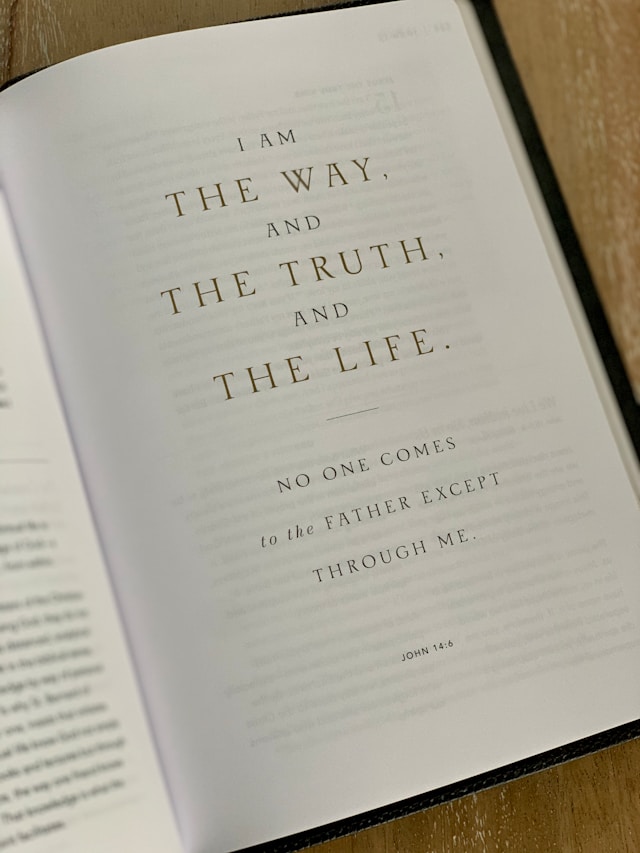4 levels of priesthood
8 – “Likewise must the deacons be grave, not doubletongued, not given to much wine, not greedy of filthy lucre;
9 – Holding the mystery of the faith in a pure conscience.
10 – And let these also first be proved; then let them use the office of a deacon, being found blameless.
11 – Even so must their wives be grave, not slanderers, sober, faithful in all things.
12 – Let the deacons be the husbands of one wife, ruling their children and their own houses well.
13 – For they that have used the office of a deacon well purchase to themselves a good degree, and great boldness in the faith which is in Christ Jesus.” (1Timothy chapter 3 verses 8 to 13)
Priesthood is a sacred office that demand utmost diligent for anyone who desires to be used by God. God cannot just used any how vessel for the purpose He has. You must be willing to purge yourself of all manner of stains that will elude the flow of God Almighty through you.
19 – “Nevertheless the foundation of God standeth sure, having this seal, The Lord knoweth them that are his. And, Let every one that nameth the name of Christ depart from iniquity.
20 – But in a great house there are not only vessels of gold and of silver, but also of wood and of earth; and some to honour, and some to dishonour.
21 – If a man therefore purge himself from these, he shall be a vessel unto honour, sanctified, and meet for the master’s use, and prepared unto every good work.” (2Timothy chapter 2 verses 19 to 21)
Remember, the scripture above said if a man therefore purge himself from these, he shall be a vessel unto honour. You can see that it is individual’s responsibility to make oneself a vessel of honour. You are the one who will desire for a purging and through the help of the Holy Spirit, you shall be properly purged and make ready for the Master’s used.
-
The Episcopate:
The Episcopate talks about the office of the high priest or bishop. It is derived from the Greek word, EPISKOPOS which is literally translated as overseer in the English sense. After the death and the resurrection of our Lord Jesus Christ, He became our Great High Priest and the Bishop of our souls Who leads His Church through the agency of various general overseers.
“Whither the forerunner is for us entered, even Jesus, made an high priest for ever after the order of Melchisedec.” (Hebrews chapter 6 verses 20)
“For ye were as sheep going astray; but are now returned unto the Shepherd and Bishop of your souls.” (1Peter chapter 2 verses 25)
-
The Presbytery:
The Presbytery talks about the body of ordained Priests or Spiritual Elders. It is derived from the Greek word PRESBUTEROS, which is literally translated into the english language elder. These were originally the sons of Aaron (Nadab, Abihu, Eleazar and Ithamar) in the Old Testament then later priests or associate pastors who have been entrusted with the Multifaceted Duty of assisting the overseers in the Church.
“And thou shalt anoint Aaron and his sons, and consecrate them, that they may minister unto me in the priest’s office.” (Exodus chapter 30 verses 30)
-
The Diaconate:
The Diaconate talks about the Levites in the Old Testament as well as the Deacons in the New Testament. It is derived from the Greek word DIAKONOS, which is literally translated into english word ‘helper’ or ‘minister’. These are those ministers whose primary responsibility is to help ease the burdens of the priests by taking care of the business related and administrative side of the Church.
2 – “Then the twelve called the multitude of the disciples unto them, and said, It is not reason that we should leave the word of God, and serve tables.
3 – Wherefore, brethren, look ye out among you seven men of honest report, full of the Holy Ghost and wisdom, whom we may appoint over this business.
4 – But we will give ourselves continually to prayer, and to the ministry of the word.” (Acts chapter 6 verses 2 to 4)
-
The Ecclessia:
The Ecclessia speaks about the general Priesthood of all Christian believers. It is derived from the Greek word, EKKLESSIA, which literally means in the English word ‘The called-out ones’ or ‘The Church’.
During the old testament dispensation which is the dispensation of the law, he tribe of Levi was the Priestly tribe separated by God Almighty. According to God’s divine counsel every single Israelites was called by Him to be a priest to every where of the earth where they found themselves.
“And ye shall be unto me a kingdom of priests, and an holy nation. These are the words which thou shalt speak unto the children of Israel.” (Exodus chapter 19 verses 6)
This same principle applies to the entire body of our Lord and Master Jesus Christ. Whereby every Christian believer is called with the mandate to be an authentic priest for God Almighty. We are all authorized to discharge all the Priestly responsibilities to the glory of God Almighty.
“But ye are a chosen generation, a royal priesthood, an holy nation, a peculiar people; that ye should shew forth the praises of him who hath called you out of darkness into his marvellous light:” (1Peter chapter 2 verses 9)
“And hath made us kings and priests unto God and his Father; to him be glory and dominion for ever and ever. Amen.” (Revelation chapter 1 verses 6)
“And no man taketh this honour unto himself, but he that is called of God, as was Aaron.” (Hebrews chapter 5 verses 4)
Conclusion:
You can come into the kingdom the way you are, but you cannot be used the way you are. God cannot bend His standard for the sake of anyone. The foundation of God remains sure and steadfast. If you must be used by the Lord God Almighty, you must meet up the standard. The priesthood office is a separate office for those who are willing to separate themselves from any worldly pleasure. Anyone who is willing for the office of priesthood, must be highly disciplined not to entangle himself with anything that can bring detriment to the office and God’s kingdom.












Thank you for your articles. They are very helpful to me. May I ask you a question? http://www.kayswell.com
Thanks
You can go ahead with your question